Roblox, one of the world's most popular video games, has become a bastion of hate speech
The platform has over 111 million daily users

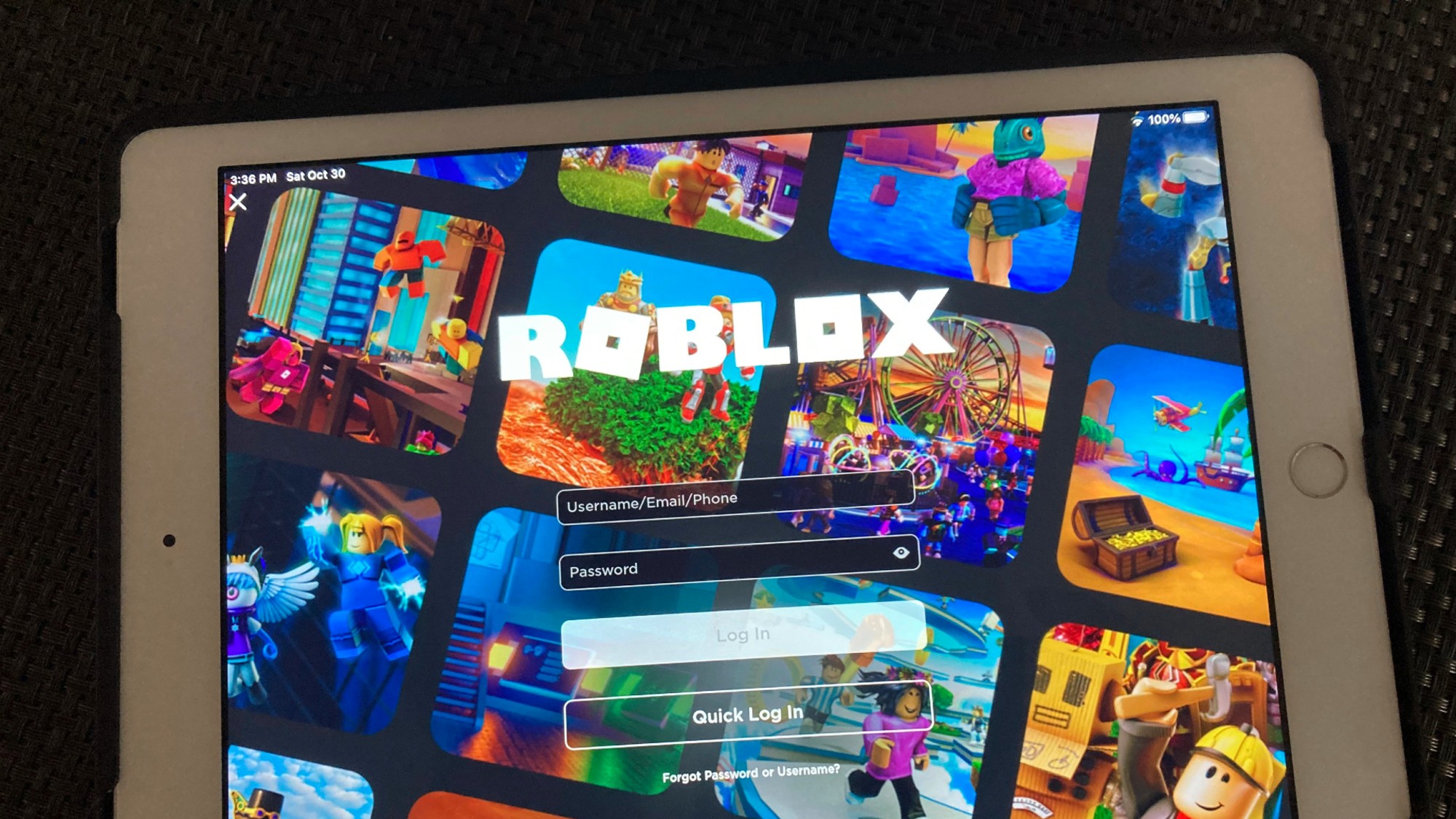
A free daily email with the biggest news stories of the day – and the best features from TheWeek.com
You are now subscribed
Your newsletter sign-up was successful
Roblox has become one of the most popular video games of all time, but it has a darker side, where hate speech and racism are reportedly spreading unchecked. The online platform enables users to interact with one another while creating various games, allowing Roblox's 111 million daily users — many of whom are children — to be exposed to hate, according to a series of investigations. This is happening despite Roblox's official ban of hate speech on its website.
What kind of hate speech is on Roblox?
While Roblox claims it moderates against hate speech, it "currently has at least 18 active lawsuits pending nationwide due to inappropriate content found on its games," attorney Matthew Dolman, whose firm is representing people suing Roblox, told CBS News. There are millions of different games created by the platform's users, and "hate can run rampant across various Roblox games."
One of the most notable is the popular Roblox game "Spray Paint!," in which users "can bypass moderation by spray painting hate messages across walls, ramps and other virtual game settings," said CBS. There were "dozens of swastikas and at least a dozen instances of hate speech targeting minority groups across 'Spray Paint!' servers," and they can often be hard to avoid. "Within three minutes of getting in there for the first time, I also saw a swastika," said Rachel Franz, an employee at the children's online safety advocacy group Fairplay, to CBS.
The Week
Escape your echo chamber. Get the facts behind the news, plus analysis from multiple perspectives.

Sign up for The Week's Free Newsletters
From our morning news briefing to a weekly Good News Newsletter, get the best of The Week delivered directly to your inbox.
From our morning news briefing to a weekly Good News Newsletter, get the best of The Week delivered directly to your inbox.
Investigations have also found "white supremacist virtual clothing being monetized on the platform," said the Global Project Against Hate and Extremism (GPAHE). This includes "direct references to transnational neo-Nazi networks such as the Active Club Movement, mass deportation operations conducted by ICE in the United States, and white nationalist political parties abroad such as the National Party in Ireland." These monetized items are available to kids under 13, the GPAHE said.
What else is happening on the site?
Beyond speech, reports have emerged that some people may use Roblox for even more sinister purposes. At least one prominent group on Roblox has "gained notoriety for creating Roblox maps that replicate real-life mass shootings, including the infamous tragedies at Columbine, Uvalde and Parkland," said the Anti-Defamation League (ADL). Other maps also reproduce "mass shootings conducted by white supremacists and other extremists as terrorist attacks."
These maps are "not simple game environments — they are disturbingly graphic and detailed, designed to mimic the mass shootings they're based on with unsettling accuracy and gore," said the ADL. In the Uvalde map, for example, students clearly depicted as children are "programmed to hide under desks or play dead when the shooting begins." Other controversies around Roblox include allegations of sexual misconduct; in at least one case, a "child sexploitation lawsuit has been filed" in Clay County, Missouri, where it was alleged that a "dangerous male predator pretending to be a young girl" groomed a 15-year-old boy.
When all of these factors are combined, these "reports highlight how hate has proved resilient online after some temporary setbacks, reinvigorated by technologies meant to connect people and bring financial services to underserved populations," said NBC News. The type of extremism seen on Roblox "now often appears as just another piece of content, able to reach the most impressionable minds."
Roblox has denied any allegations of wrongdoing. The company's "24/7 moderation system closely monitors the platform," Roblox told CBS in a statement. It will take "swift action against any content or users found to be in violation."
Justin Klawans has worked as a staff writer at The Week since 2022. He began his career covering local news before joining Newsweek as a breaking news reporter, where he wrote about politics, national and global affairs, business, crime, sports, film, television and other news. Justin has also freelanced for outlets including Collider and United Press International.
-
 Bad Bunny’s Super Bowl: A win for unity
Bad Bunny’s Super Bowl: A win for unityFeature The global superstar's halftime show was a celebration for everyone to enjoy
-
 Book reviews: ‘Bonfire of the Murdochs’ and ‘The Typewriter and the Guillotine’
Book reviews: ‘Bonfire of the Murdochs’ and ‘The Typewriter and the Guillotine’Feature New insights into the Murdoch family’s turmoil and a renowned journalist’s time in pre-World War II Paris
-
 Witkoff and Kushner tackle Ukraine, Iran in Geneva
Witkoff and Kushner tackle Ukraine, Iran in GenevaSpeed Read Steve Witkoff and Jared Kushner held negotiations aimed at securing a nuclear deal with Iran and an end to Russia’s war in Ukraine
-
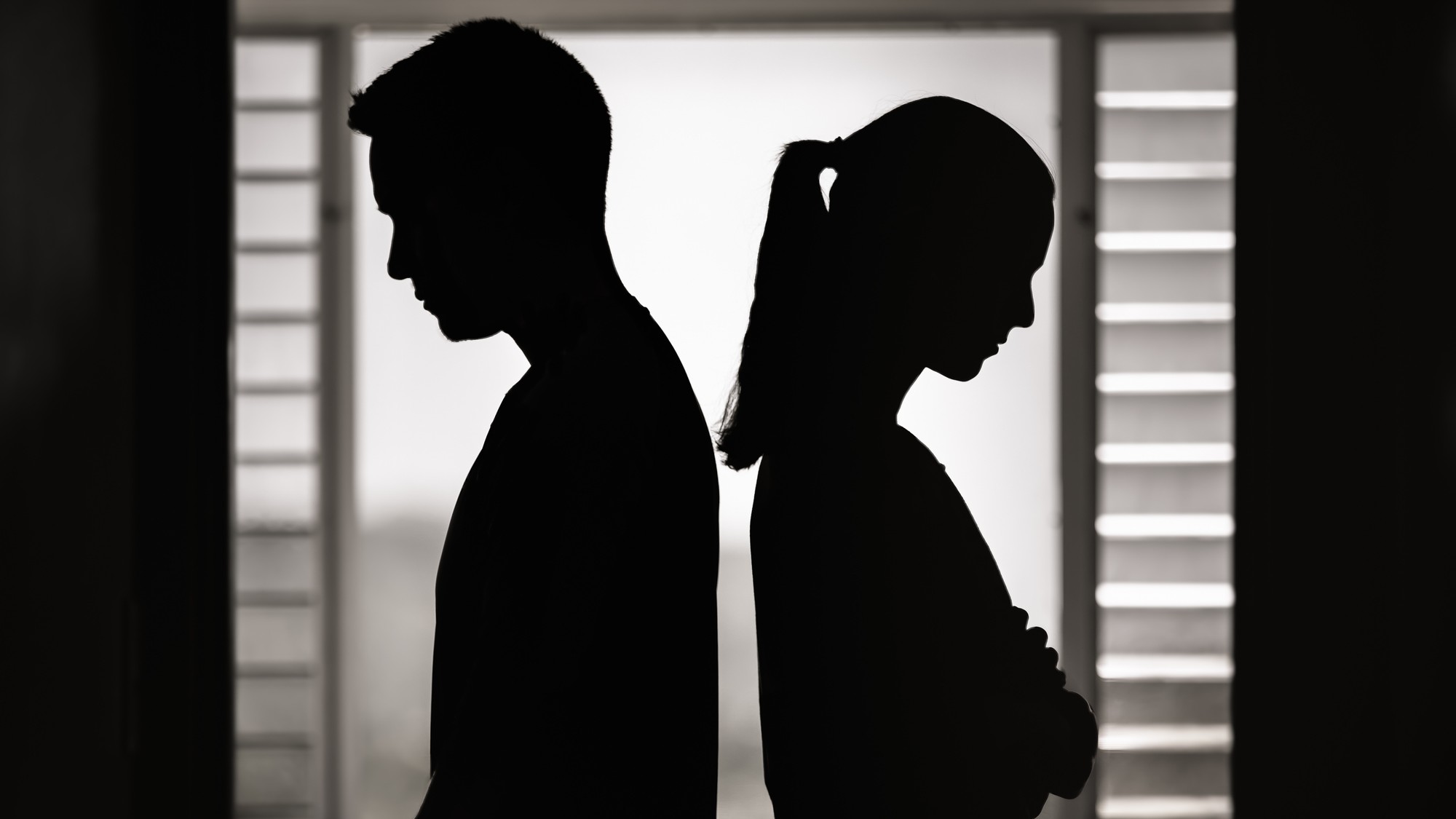 Quiet divorce is sneaking up on older couples
Quiet divorce is sneaking up on older couplesThe explainer Checking out; not blowing up
-
 Admin night: the TikTok trend turning paperwork into a party
Admin night: the TikTok trend turning paperwork into a partyThe Explainer Grab your friends and make a night of tackling the most boring tasks
-
 Is a social media ban for teens the answer?
Is a social media ban for teens the answer?Talking Point Australia is leading the charge in banning social media for people under 16 — but there is lingering doubt as to the efficacy of such laws
-
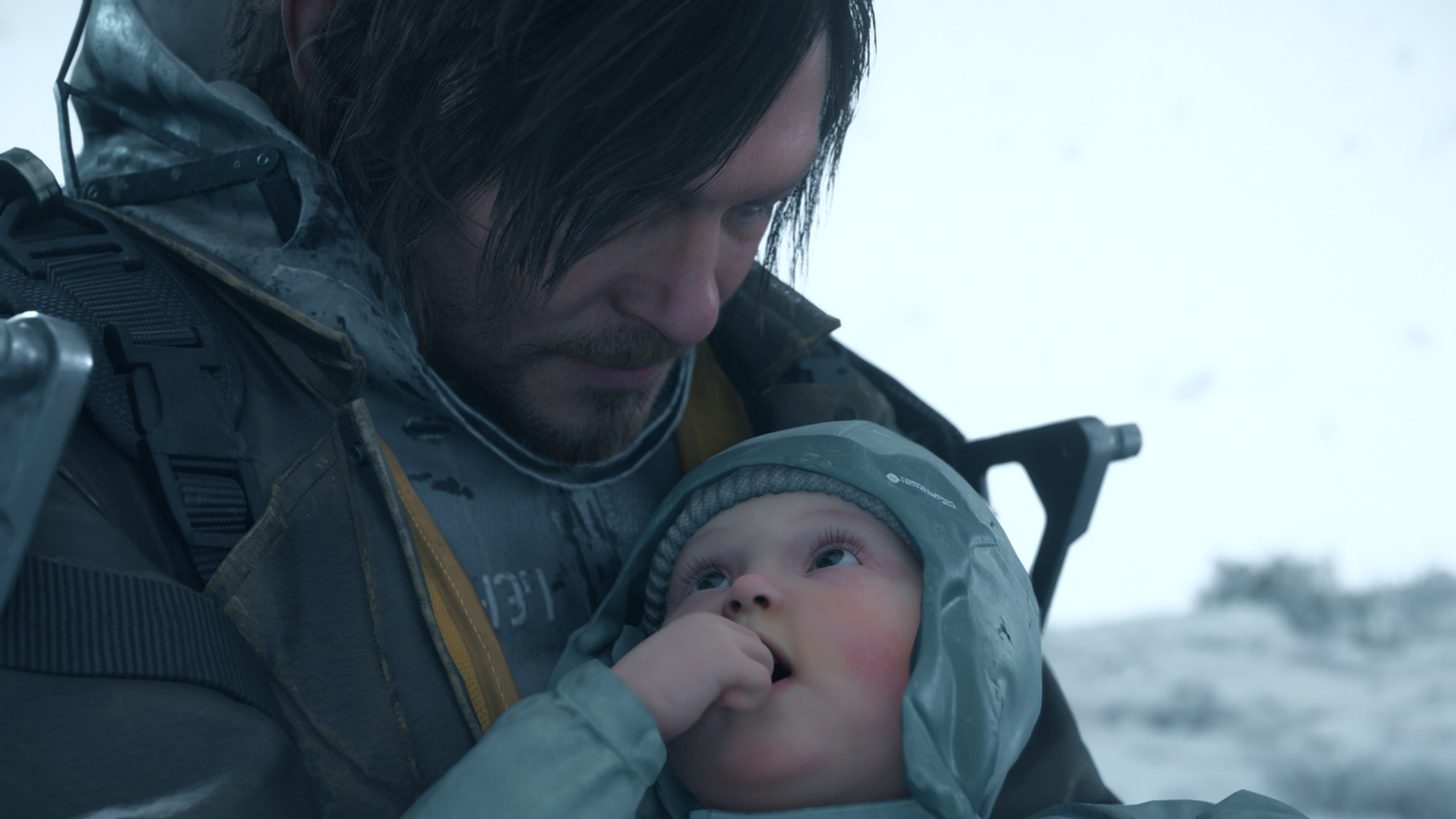 The most notable video games of 2025
The most notable video games of 2025The Week Recommends Download some of the year’s most highly acclaimed games
-
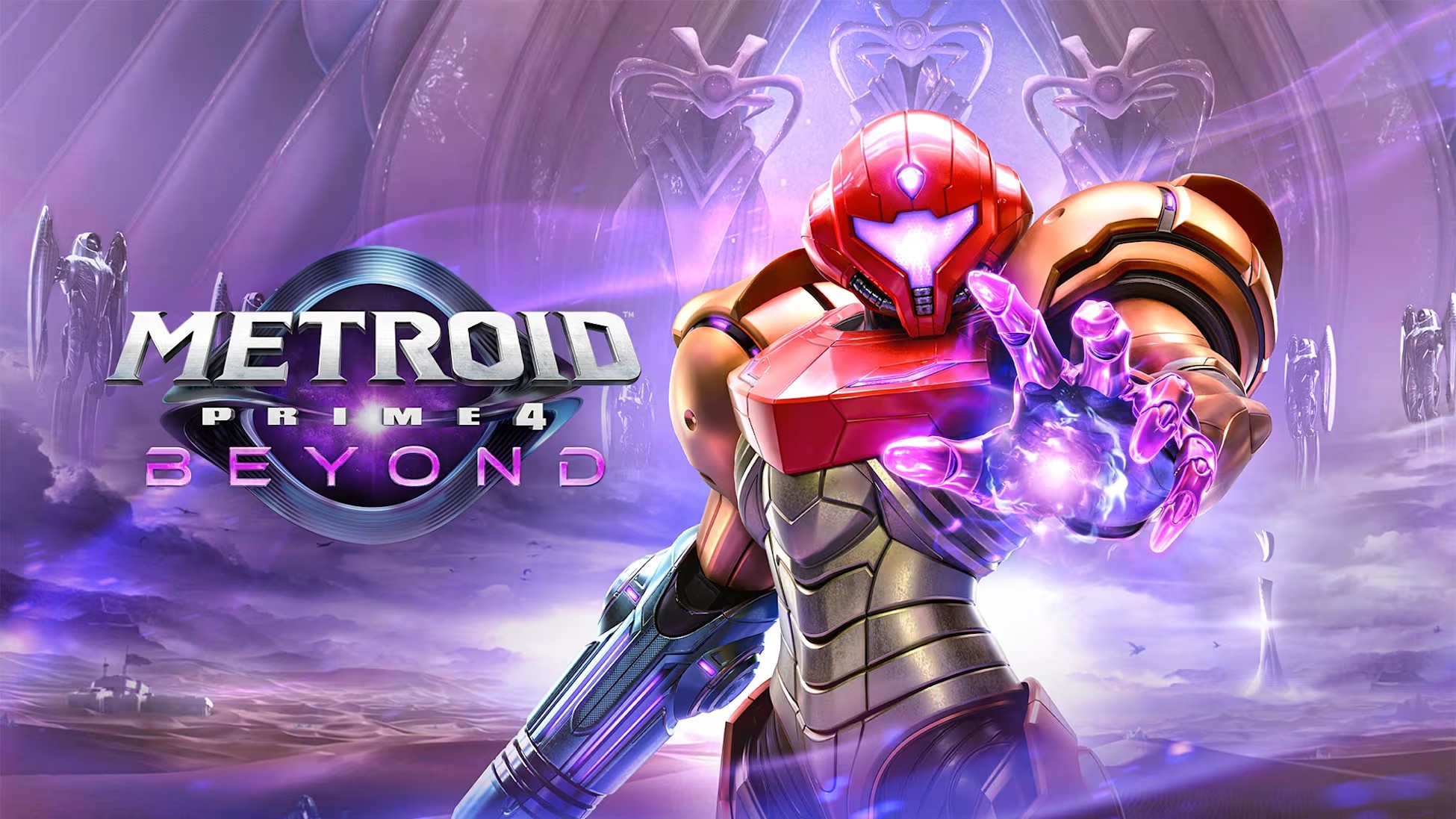 Video games to tackle this winter, including Marvel Cosmic Invasion and Metroid Prime 4: Beyond
Video games to tackle this winter, including Marvel Cosmic Invasion and Metroid Prime 4: BeyondThe Week Recommends A new entry for the Metroid Prime series makes it out of development hell, plus a sequel that brings back the chaotic comedic timing of ‘High on Life’
-
 More than a zipper: Young Black men embrace the ‘quarter-zip movement’
More than a zipper: Young Black men embrace the ‘quarter-zip movement’The Explainer More than a zipper: Young Black men embrace the ‘quarter-zip movement‘
-
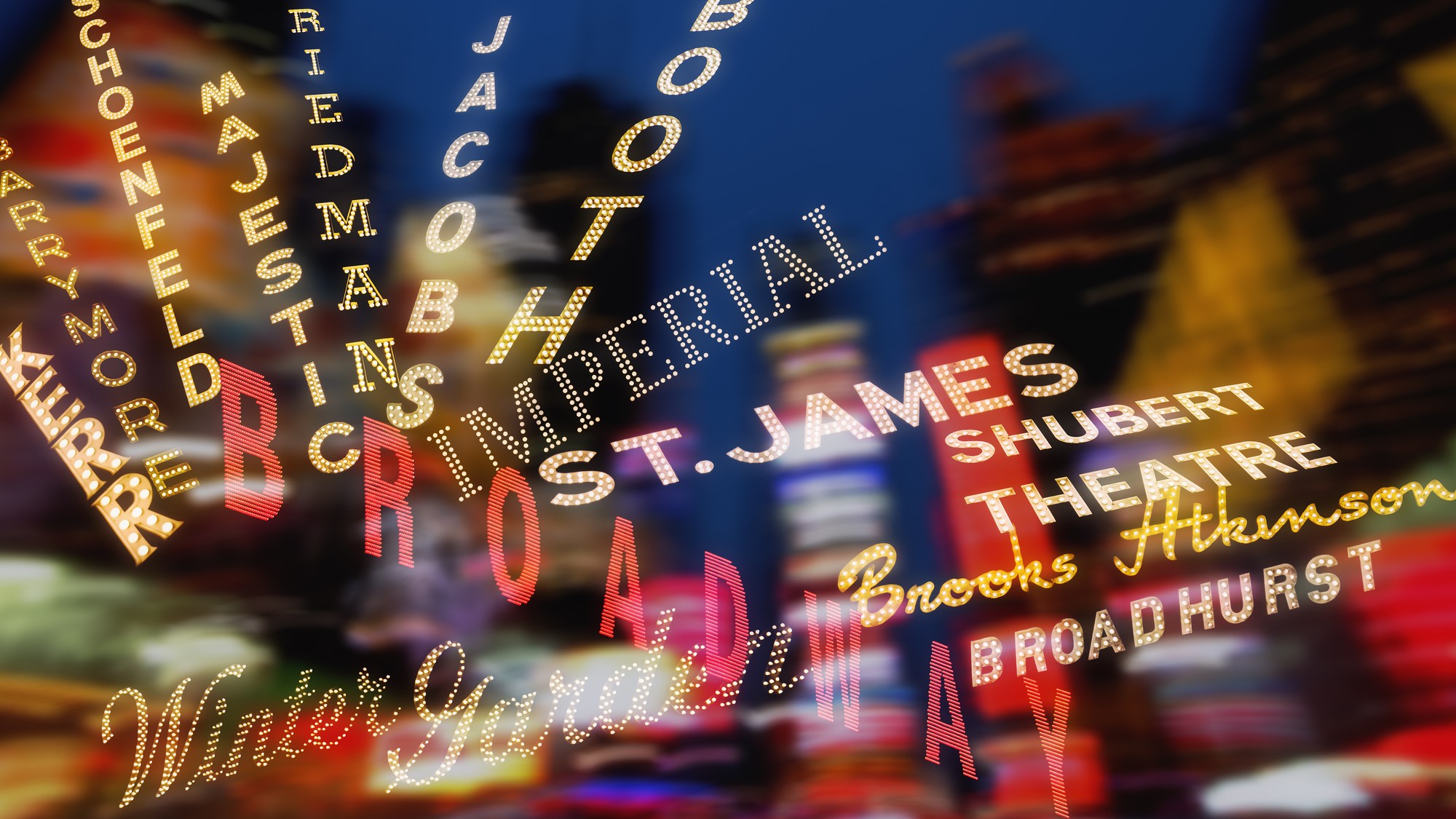 Broadway actors and musicians are on the brink of a strike
Broadway actors and musicians are on the brink of a strikeThe explainer The show, it turns out, may not go on
-
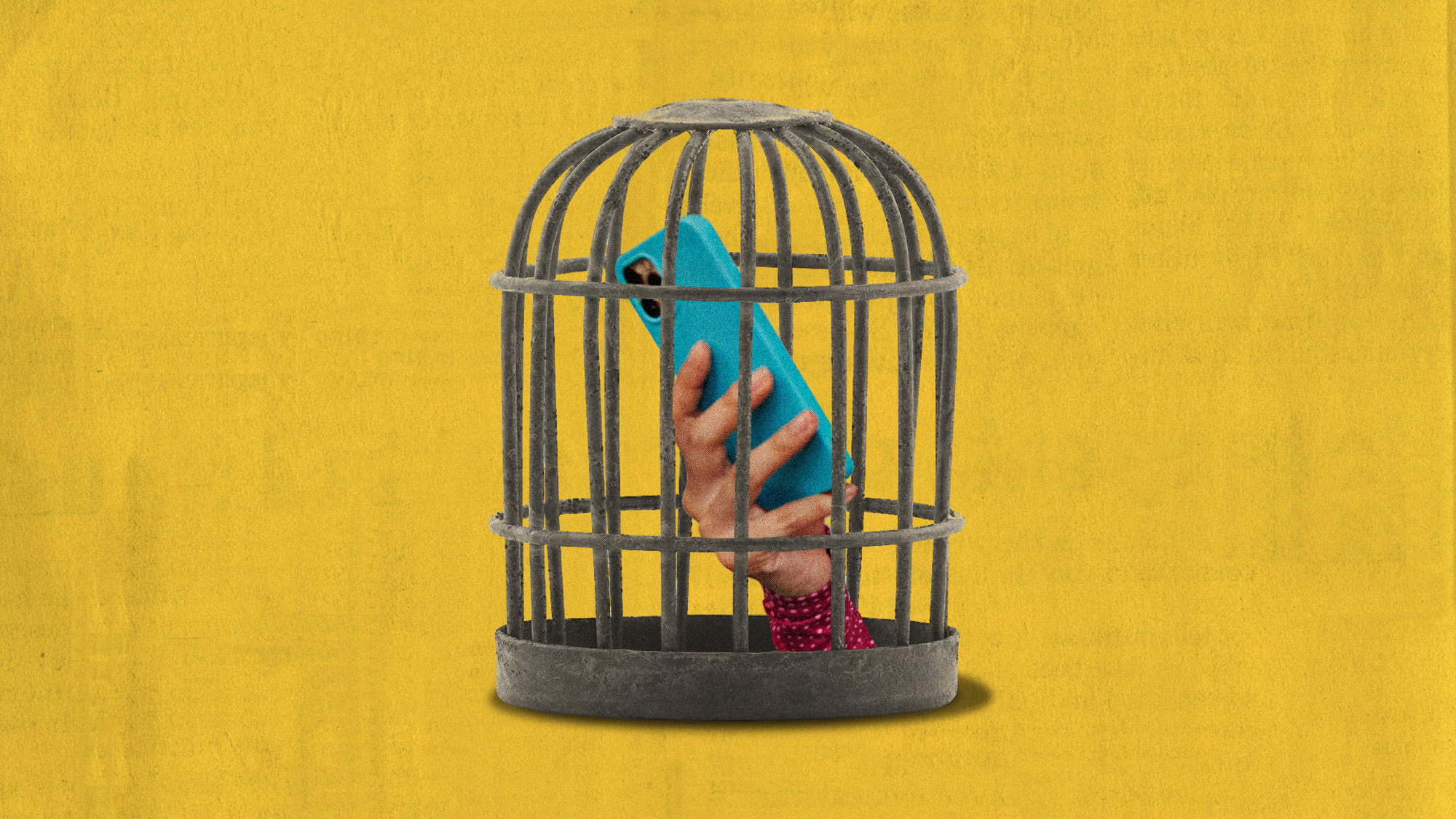 Back to the future: Kids embrace ‘old school’ devices
Back to the future: Kids embrace ‘old school’ devicesUnder the radar From MP3s to sewing machines
